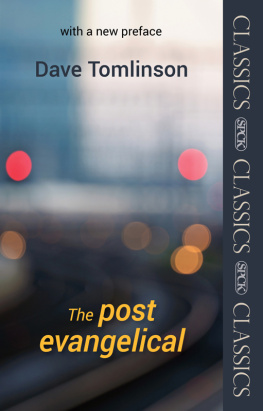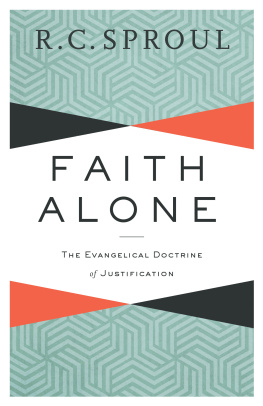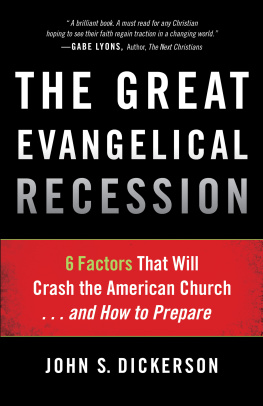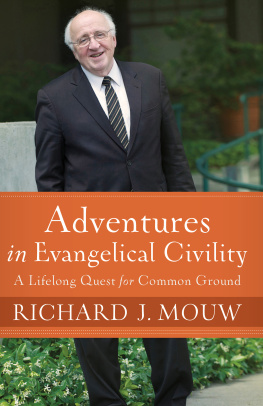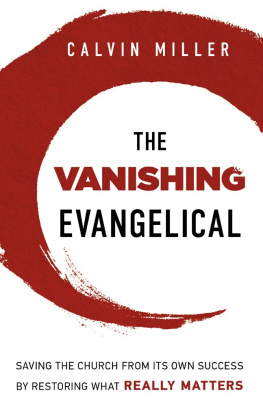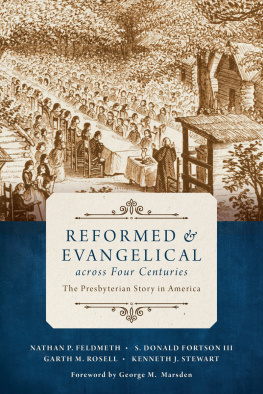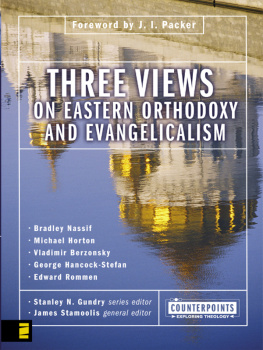Dave Tomlinson - The Post-Evangelical: SPCK Classic – with a new Preface
Here you can read online Dave Tomlinson - The Post-Evangelical: SPCK Classic – with a new Preface full text of the book (entire story) in english for free. Download pdf and epub, get meaning, cover and reviews about this ebook. year: 2014, publisher: SPCK, genre: Religion. Description of the work, (preface) as well as reviews are available. Best literature library LitArk.com created for fans of good reading and offers a wide selection of genres:
Romance novel
Science fiction
Adventure
Detective
Science
History
Home and family
Prose
Art
Politics
Computer
Non-fiction
Religion
Business
Children
Humor
Choose a favorite category and find really read worthwhile books. Enjoy immersion in the world of imagination, feel the emotions of the characters or learn something new for yourself, make an fascinating discovery.
- Book:The Post-Evangelical: SPCK Classic – with a new Preface
- Author:
- Publisher:SPCK
- Genre:
- Year:2014
- Rating:5 / 5
- Favourites:Add to favourites
- Your mark:
- 100
- 1
- 2
- 3
- 4
- 5
The Post-Evangelical: SPCK Classic – with a new Preface: summary, description and annotation
We offer to read an annotation, description, summary or preface (depends on what the author of the book "The Post-Evangelical: SPCK Classic – with a new Preface" wrote himself). If you haven't found the necessary information about the book — write in the comments, we will try to find it.
Ground-breaking and hugely controversial on first publication in 1995, this classic text pre-empted the emerging church movement, questioning whether the certainties of evangelical orthodoxy could survive in a postmodern world
The Post-Evangelical: SPCK Classic – with a new Preface — read online for free the complete book (whole text) full work
Below is the text of the book, divided by pages. System saving the place of the last page read, allows you to conveniently read the book "The Post-Evangelical: SPCK Classic – with a new Preface" online for free, without having to search again every time where you left off. Put a bookmark, and you can go to the page where you finished reading at any time.
Font size:
Interval:
Bookmark:
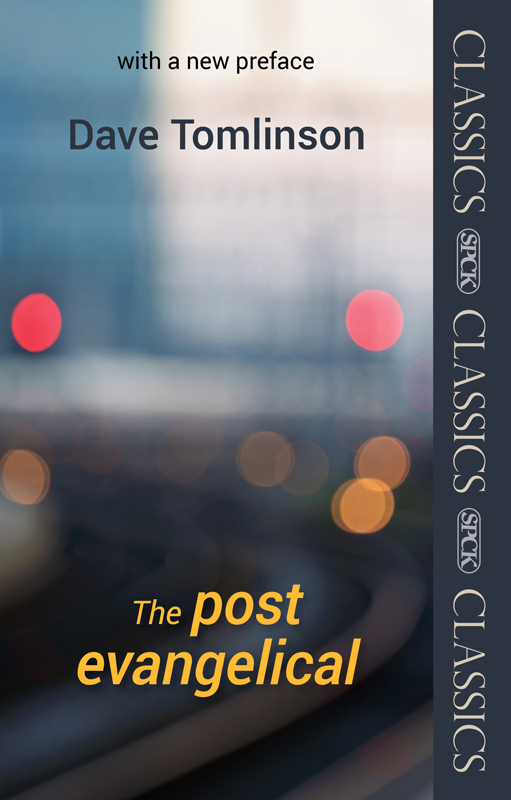
Dave Tomlinson was a house church leader for many years before founding Holy Joes, a church in a pub in Clapham for disaffected churchgoers. He is now Vicar of St Lukes, Holloway, a thriving parish church in north London. He is the author of several books, including Re-Enchanting Christianity and How to be a Bad Christian... and a Better Human Being.

First published in Great Britain in 1995
Society for Promoting Christian Knowledge
36 Causton Street
London SW1P 4ST
www.spckpublishing.co.uk
Reprinted five times
SPCK Classics edition 2014
Copyright Dave Tomlinson 1995, 2014
All rights reserved. No part of this book may be reproduced or transmitted in any form or by any means, electronic or mechanical, including photocopying, recording, or by any information storage and retrieval system, without permission in writing from the publisher.
SPCK does not necessarily endorse the individual views contained in its publications.
Scripture quotations taken from the HOLY BIBLE, NEW INTERNATIONAL VERSION are Copyright 1973, 1978, 1984 by International Bible Society. Used by permission of Hodder & Stoughton Publishers, a member of the Hachette UK Group. All rights reserved. NIV is a registered trademark of International Bible Society. UK trademark number 1448790.
Extracts from the Revised English Bible are copyright Oxford University Press and Cambridge University Press 1989.
British Library Cataloguing-in-Publication Data
A catalogue record for this book is available from the British Library
ISBN 9780281073092
eBook ISBN 9780281073108
eBook by Graphicraft Limited, Hong Kong
Dedicated to Steve Fairnie, a true post-evangelical, who left us much too soon.
Contents
We have a choice between two attitudes toward the future... one of imagination, the other of nostalgia... its a choice between facing the future, and backing into it.
(Stephen Toulmin)
This book arose from a chance conversation in the summer of 1993. I was at the Greenbelt Festival, leading a series of seminars. Late one evening, when a few of us were winding down and chewing over the days events, one of my friends made a passing reference to we post-evangelicals, quickly followed by whatever that means.
The conversation moved on and eventually we went to bed. But the implied question continued rattling around my brain: what is a post-evangelical? The next day I awoke with a determination to try to give an answer and, two years later, the book was launched at the 1995 Greenbelt Festival.
The decision to release the book in time for Greenbelt was deliberate. The festival is a gathering place for Christians with the kinds of questions which are often difficult to ask in churches. If the book had an audience, Greenbelt would be as good a place as any to find it.
The decision was justified. Halfway through the weekend, stocks of the book were completely sold out and the bookshop manager reported it to be the quickest-selling book in his seven years at the festival. Meanwhile, a thousand people packed my seminar tent, with many more outside. The Church Times printed a photograph of the overflow crowd peering into the marquee, with the teasing caption: Outside the fold, but still looking in.
Naturally the book had its detractors, even at Greenbelt. Throughout the weekend, a dedicated group of hecklers stalked me, determined to shout down my heresies. Still, the books overall reception, and its longevity, suggests that its content resonated and continues to resonate with an impulse felt by many evangelicals and others.
The book is, in fact, a pastoral essay directed at those (and there are many) who experience this impulse: people who struggle with restrictions in evangelical theology, spirituality and church culture yet who still desire to pursue their faith journey.
The post-evangelical impulse does not necessarily imply a move away from evangelical faith, although it certainly does for some. Rather it demonstrates that to remain true to a tradition, we must come to terms with its changing cultural context to discover an authentic expression of that tradition. You have to change to stay the same, as my friend Maggi Dawn once put it. Yet experiencing change can be uncomfortable and confusing. This book is an attempt to articulate the experience, thoughts and feelings of post-evangelicals, as well as to help them understand, refine and critique them.
In the months that followed the books publication, virtually every Christian magazine in the UK reviewed it, and their responses were sharply divided. Nick Mercer, former assistant principal of London Bible College (now London School of Theology), wrote:
This is a long-overdue book which springs out of a growing concern many of us have within evangelicalism about the large numbers of nomadic ex-evangelicals, about the cultural and theological constraints that seem to be part and parcel of British evangelicalism, about the relief many voice when you dare to express doubt and agnosticism in public meetings, about brain-dead emotionalism.
Other reviews were less sympathetic, to say the least. One critic described it as a piglet from the sow of existentialism! But even among its critics, the vast majority acknowledged that the book highlighted problems within British evangelicalism. Many recognized the post-evangelical impulse within churches. One conservative writer admitted that the weaknesses identified in the book were genuine, and acknowledged that a large constituency of evangelicals might, even without reading the book, seize on its title as their own position.
Nine months after the books publication, Third Way , an evangelical magazine which focuses on Christianity and contemporary culture, announced that in a survey 24 per cent of its readers identified themselves as post-evangelical. Nonetheless, I resisted various proposals to launch a post-evangelical initiative on the back of the book. I never wanted to set up an alternative movement within evangelicalism, simply to offer hope and a way forward to people struggling to make sense of Christian faith within postmodern culture.
The most satisfying and convincing indicator that I had achieved my objective lay in the mass of correspondence that followed. Bear in mind that this was just before the widespread use of emails, and long before the rise of the new social media. My postman worked overtime! And the receptive audience was far wider than I had anticipated. My target had been disaffected evangelicals in their twenties and early thirties whose general outlook and attitudes were significantly influenced by the onset of postmodern culture. Yet much of the correspondence came from older and more culturally conservative people. Even though they probably looked like satisfied customers in their churches, they also clearly harboured a raft of doubts and questions.
After a short time I could predict what most letters would say before opening them:
- At last someone has said it.
- Thank God Im not alone.
- Ive thought some of these things for years but didnt dare say.
- Great relief and a regaining of confidence have followed reading your book. So Im not mad after all.
By far the most colourful letter arrived from a university professor. It powerfully summed up what many people felt and still feel:
A year ago, I was in a state of rage bordering on church burning. I felt like Winston having escaped from Big Brother or the savage in Brave New World , and wanted revenge for all those mind-screwing sermons, miserable-worm guilt feelings and the ludicrous new-speak that had been my life for twenty years. There was no church I could go into without having a severe reaction, and either walking out or putting my fingers in my ears and going la la la la which my wife found embarrassing and looked like demonization to those who are so wise about these things... A copy of your book and a visit to the Greenbelt Festival were the first indications that I was not entirely alone. I am now completely free from that stifling kind of religion that slowly strangles the life out of you and from the susceptibility to flee reality completely. My spirituality is now my own, not an undigested mixture introjected from a thousand grim sermons and silly books. I can get in touch with the strength of it, deep inside. I can read the words of Jesus, but their meaning has now changed like rain into snowflakes. My mind is now open and not tight shut; I feel an almost primitive sense of freedom and energy.
Font size:
Interval:
Bookmark:
Similar books «The Post-Evangelical: SPCK Classic – with a new Preface»
Look at similar books to The Post-Evangelical: SPCK Classic – with a new Preface. We have selected literature similar in name and meaning in the hope of providing readers with more options to find new, interesting, not yet read works.
Discussion, reviews of the book The Post-Evangelical: SPCK Classic – with a new Preface and just readers' own opinions. Leave your comments, write what you think about the work, its meaning or the main characters. Specify what exactly you liked and what you didn't like, and why you think so.

